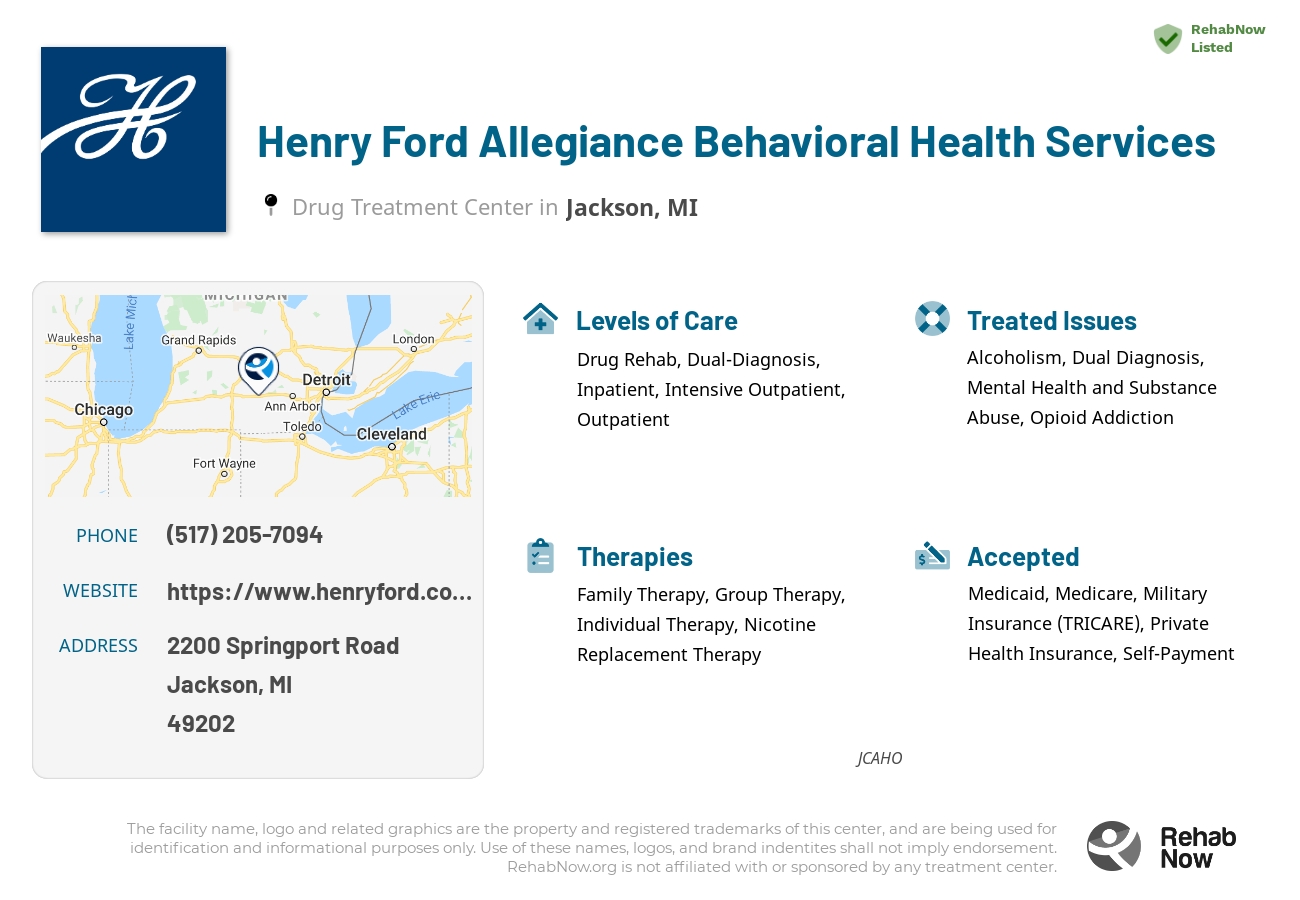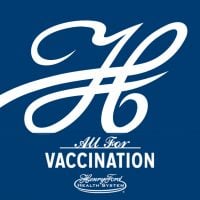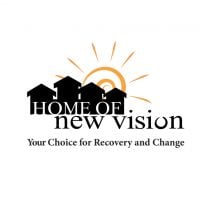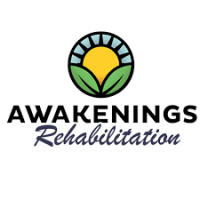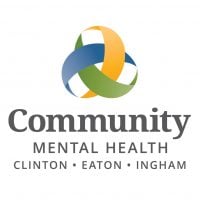Henry Ford Allegiance Behavioral Health Services
Drug Rehab Center in Jackson, Michigan
Henry Ford Allegiance Behavioral Health Services in Jackson, Michigan provides comprehensive treatment for individuals with mental health and substance abuse issues, offering various levels of care and recognized for their high standards.
About Henry Ford Allegiance Behavioral Health Services in Michigan
Henry Ford Allegiance Behavioral Health Services in Jackson, Michigan is a facility committed to treating individuals with mental health and substance abuse issues. Founded in 1915, the Behavioral Health Services of Henry Ford Allegiance strives to provide effective, comprehensive treatment to those in need of addiction and drug rehabilitation. This facility provides a variety of different levels of care: from inpatient, intensive outpatient, and partial hospitalization to detox and aftercare support. For individuals suffering from alcoholism, dual diagnosis, opioid addiction, drug addiction, and other forms of substance abuse, the facility is equipped with the resources to help them gain control of their lives.
The team at Henry Ford Allegiance Behavioral Health Services is committed to providing high-quality, comprehensive treatment that meets the highest of standards. In addition to their many services, they have been recognized by both the SAMHSA and JCAHO for being accredited and licensed. Private health insurance is also accepted at their facility, and they are affiliated with the Henry Ford Health System. This allows them to provide a range of services tailored to meet both their patients’ physical and mental health needs. If you or someone you know is struggling with addiction or substance abuse, Henry Ford Allegiance Behavioral Health Services can help you get the support you need.
Genders
Ages
Modality
Additional
Accreditations
SAMHSA

JCAHO
Conditions and Issues Treated
Opioid addiction is when someone becomes addicted to opioids. This can happen quickly due to any opioid use. Opioid withdrawal can be uncomfortable and lead the user to continue using even if they want to quit. It’s best to receive inpatient treatment for detoxification.
Even if a person doesn’t need inpatient treatment, it’s recommended to start rehabilitation or at least some kind of outpatient treatment. This is because the withdrawal symptoms from opioids can be uncomfortable and unpleasant, to the point that a person could end up using again or worse.
Detoxification should be done to break the physical addiction of opioids. This can be done with opioid replacement therapy, medication-assisted therapy, or a more traditional detoxification program. Intensive outpatient treatment is a form of addiction care that allows patients to continue living at home while undergoing treatment. This type of care is appropriate for patients who have been treated in residential treatment programs. Intensive outpatient programs include regular visits to the facility providing therapy, and patients gradually return to their routine life. IOP benefits most when patients have a supportive family member or friend to help them recover.
The first step to getting into an intensive outpatient program is to attend a detoxification facility. Detoxification facilities are designed to remove substances from the body safely. The patient will attend sessions designed to help them understand their addiction and its impact on their lives. While in an intensive outpatient program, therapy sessions are scheduled three to five times per week, with the patient attending no more than two sessions in one day.
Dual Diagnosis therapy is considered more successful than traditional rehab methods because it treats the addiction and the underlying mental health disorder simultaneously. This comprehensive approach gives Jackson, MI patients the best chance for long-term recovery. If the patient does not receive treatment for both conditions, they are more likely to relapse.
Levels of Care Offered
This center offers a variety of custom treatment tailored to individual recovery. Currently available are Drug Rehab, Dual-Diagnosis, Inpatient, Intensive Outpatient, Outpatient, with additional therapies available as listed below.
Inpatient facilities offer a complete rehab program where the patient stays for an extended period. This allows the staff to monitor the patient on a round-the-clock basis and provide medical assistance if needed.
A significant benefit of inpatient rehab is that it allows for a safe environment for treatment. The patient doesn’t have access to drugs or alcohol, and they’re surrounded by people that want them to succeed and change their lives. Treatment starts with detox and behavioral therapy, followed by group therapy and family involvement.
An intensive outpatient treatment program, or IOP, is set up for those struggling with an addiction to begin the recovery process. However, the patient will not live at the facility during treatment.
IOP involves patients coming in and out of a medical office building regularly to receive therapy and other services while continuing their life outside of these visits.
IOP is a step up from drug detoxification or alcohol detox. However, it’s still considered a phase of recovery rather than the ultimate goal. There are many rehabs and treatment facilities available to patients in need of IOP.
Outpatient treatment consists of counseling and therapy sessions. The outpatient treatment process begins with the addict’s initial detox period, lasting about ten days. Outpatient treatment is used for those who are at moderate risk for “slipping back” into the addiction. It is also used for those who are not currently experiencing any side effects from withdrawal, can handle social pressure, have a stable living environment, and have a good support system.
Therapies & Programs
Individual Therapy is a crucial component of addiction recovery. Therapists work with patients to identify the root of their addiction and figure out how to better handle the issues that led to them using drugs. Individual Therapy is one on one sessions where people meet with their therapist. Individual therapy provides a safe space for people to open up and discuss personal and sensitive topics which they may not feel comfortable discussing in a group setting.
In this type of therapy, therapists can develop specific solutions for each patient, which helps speed up their recovery process. In addiction recovery, therapy is a crucial part. It allows patients to go deep into their core issues and discover how those problems can be better handled now. Therapy can be performed in individual sessions as well as group settings. In individual therapy for addiction, the patient meets with the therapist one-on-one to focus on the underlying issues of addiction and come up with solutions to prevent future abuse.
Family therapy is a crucial part of drug treatment and getting sober. It is one of the most effective ways to help addicts stay on the path to long-term sobriety. One of the most important parts of family therapy is the relapse prevention plan. During treatment, therapists and doctors will often sit down with the addict and their family to develop a plan if the addict ever feels like they want to use again. This plan should involve steps the addict and family can take together to prevent them from relapsing in the future.
An addict’s family can play a vital part in helping them to avoid relapse because they can spot the warning signs and help them get back on track before it becomes too much of a problem. Family therapy is one of the most effective ways to help addicts stay on the path to long-term sobriety.
Group Therapy is employed by drug treatment centers like Henry Ford Allegiance Behavioral Health Services to provide the recovering addict with a platform to talk about their feelings and experiences. It also provides for an opportunity to learn from other addicts who have successfully overcome their addiction. It is recommended that all group members be recovering addicts for this type of therapy to work.
Payment Options Accepted
For specific insurance or payment methods please contact us.
Is your insurance accepted?
Ask an expert, call (888) 674-0062
Henry Ford Health System Associated Centers
Discover treatment facilities under the same provider.
- Henry Ford Allegiance - Addiction Recovery Center in Jackson, MI
- Henry Ford Health System in West Bloomfield, MI
- Henry Ford Health Systems - Maplegrove Ctr for Chem Dependency in West Bloomfield, MI
- Henry Ford Behavioral Health - Seville in Clinton Township, MI
- Henry Ford Allegiance Neuropsychology in Jackson, MI
Learn More About Henry Ford Health System Centers
Additional Details
Specifics, location, and helpful extra information.
Jackson, Michigan 49202 Phone Number(517) 205-7094 Meta DetailsUpdated November 25, 2023
Staff Verified
Henry Ford Allegiance Behavioral Health Services Patient Reviews
There are no reviews yet. Be the first one to write one.
Jackson, Michigan Addiction Information
Michigan has the second-highest rate of drug and alcohol abuse in the nation. Heroin is linked to more than 50% of the state's hepatitis C cases. Marijuana is the drug most often associated with crimes in Michigan, followed by methamphetamines. Opioids alone are responsible for almost 20% of all drug overdose deaths in Michigan.
In Jackson, Michigan, there are more than 40 deaths caused by drug overdoses in 2013. This adds up to about 15% of all the fatal injuries in the city. The total number of arrests for drug-related crimes in 2012 was just over 1,500. The most common drugs of abuse are heroin, LSD, marijuana, crack cocaine, and methamphetamine.
Treatment in Nearby Cities
- Escanaba, MI (273.1 mi.)
- Albion, MI (16.2 mi.)
- Berrien Center, MI (96.8 mi.)
- White Cloud, MI (110.9 mi.)
- Lexington, MI (118.7 mi.)
Centers near Henry Ford Allegiance Behavioral Health Services
The facility name, logo and brand are the property and registered trademarks of Henry Ford Allegiance Behavioral Health Services, and are being used for identification and informational purposes only. Use of these names, logos and brands shall not imply endorsement. RehabNow.org is not affiliated with or sponsored by Henry Ford Allegiance Behavioral Health Services.




